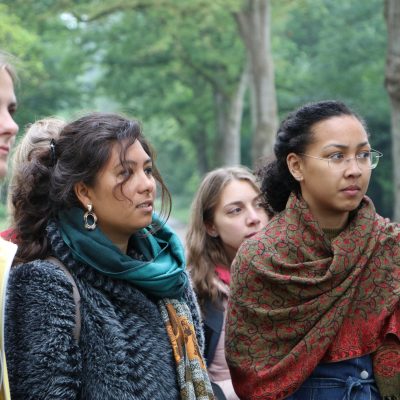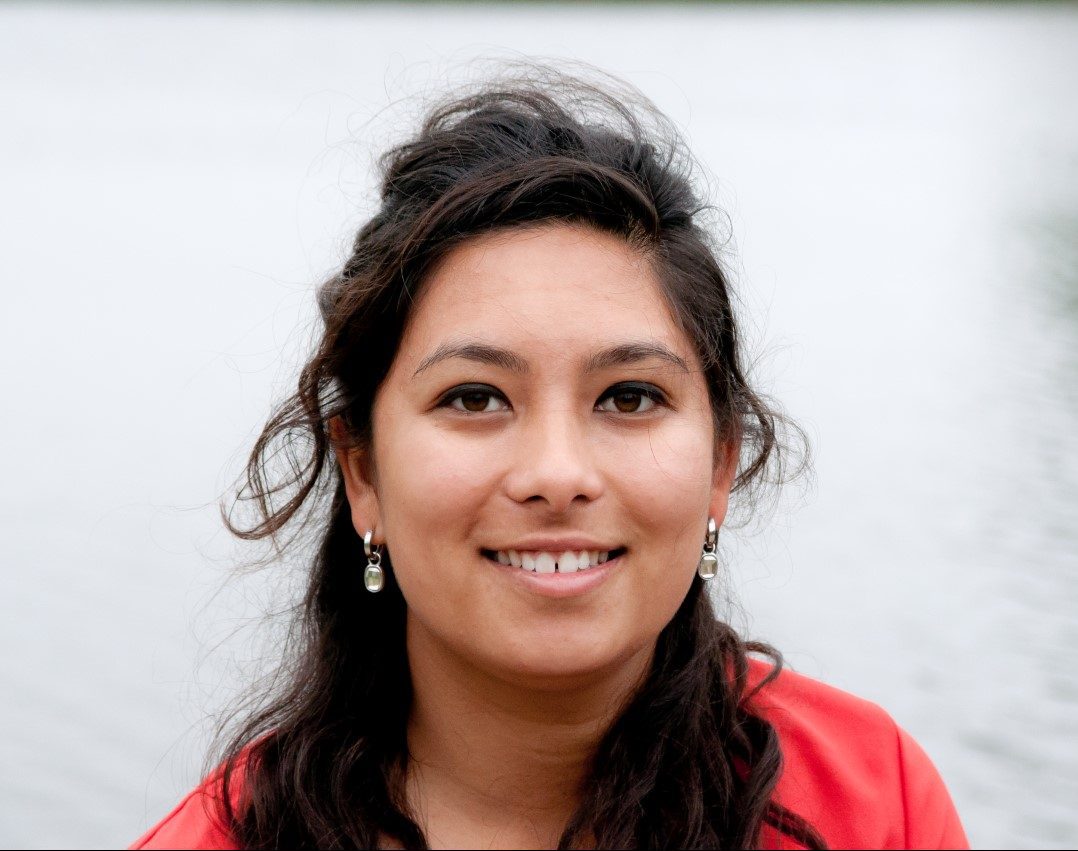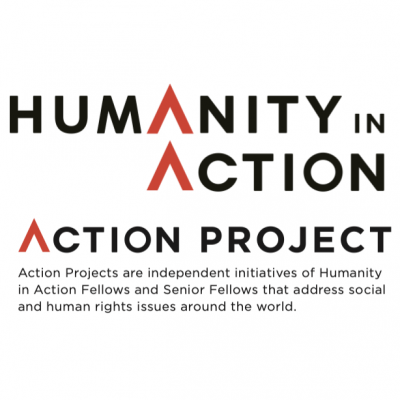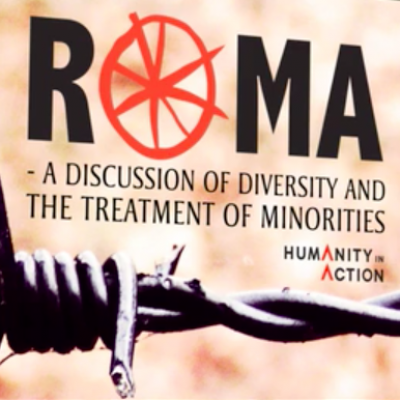Details
Article
Yesterday was our National Remembrance Day and today it’s Liberation Day, days that inevitably have our attention, but which we also question. These are moments that make us reflect on the past collectively. In education, media, and the arts, for example, themes like freedom and resistance are contemplated and discussed, as well as personal stories related to WWII. Together, we live up to this public moment: the National Remembrance of the Dead Ceremony on Dam Square. The past years have seen an increase in criticism about this ambiguous moment of commemoration. Is the Dutch National Remembrance inclusive and sustainable? And how can we use the lessons from the past to guide us into a better future?
As part of our Action Project we wanted to gather on May 5, the Dutch Liberation Day, to commemorate and reflect on 75 years of freedom. We intended to invite Fellows, Senior Fellows, friends of Humanity in Action the Netherlands, and speakers to reflect on the following question: How can we commemorate more inclusively and sustainably? Although our event cannot take place due to the COVID-19 pandemic and national security measures taken by the government, we still wanted to share our thoughts on these moments of commemoration and celebration.
On May 4, 2020, we shared a video highlighting the stories and people from WWII that our 2019 Fellows of Humanity in Action consider to be underexposed, but equally important. Our Fellows thought about events such as the April Murders on the island of Curaçao, all the victims in the former Dutch-Indies, including the ones on the Indonesian side, the persecution of the LGBTQIA+, and the Roma and Sinti community.
Can we speak of 75 years of freedom? When we celebrate this, do we take into account the role of the Dutch in Indonesia when they tried to restore their colonial authority after liberation? And don’t forget that systems of oppression were not only present before and during WWII, but are still present today? Today, people of the LGBTQIA+ community continue to experience discrimination, the Roma and Sinti people are still stigmatized across Europe, and thousands of people pay the highest price for their own freedom and that of others.
‘Freedom also means that we will commemorate more inclusive and sustainable, and hear more of hidden stories.’ – Lecyca Curiel
As we commemorate the injustice of the past, we must not close our eyes to what is happening today. For us, commemoration is something that not only pertains to the past, but also encourages you to think about the now. What does freedom mean today? How can I help ensure a life in complete freedom for everyone?
Important points of improvement for the National Commemoration are inclusivity and sustainability: we want to share more underexposed stories and think about what we can learn from them for the future. We need to think about how these stories help us to be vigilant in the present when it comes to systems of oppression, injustice, persecution, and – the lack of – freedom.
What do you think we should do to help make the National Commemoration more inclusive? And how are we going to commemorate future-oriented for the next 75 years of freedom?
Want to know more about the underexposed stories we commemorate? Read more about this via the links below:
Remembrance of the independence war in Indonesia (Dutch)
The Second World War and the Dutch Caribbean (Dutch):
- Tentoonstelling en educatief platform Guera na Korsou – War in Curaçao 1940-1945
- Stichting Eerherstel Oorlogsslachtoffers Curaçao
- Duizenden zwarte soldaten hebben Europa bevrijd, maar hun gezichten zien we amper als we de oorlog herdenken’ – De Correspondent
LGBTQAI+ victims (English)
Remembrance in the Netherlands (Dutch)






